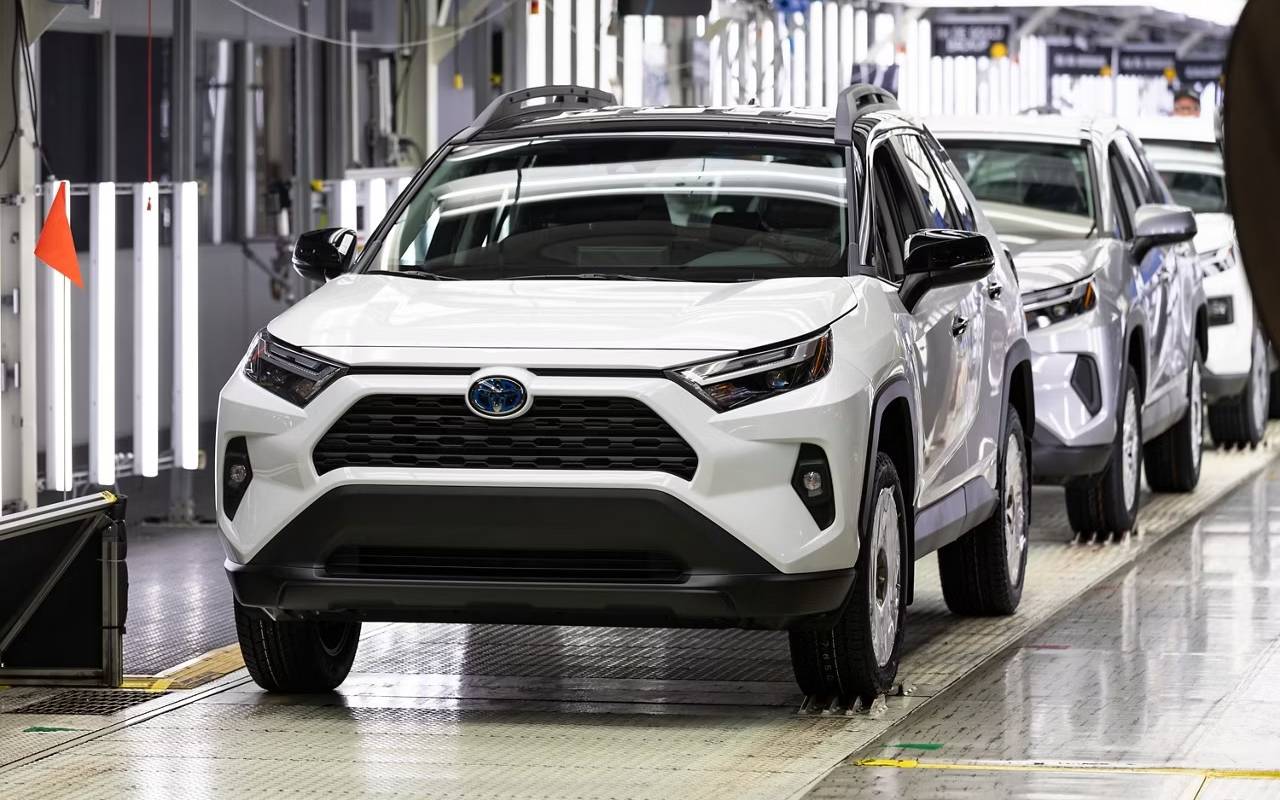Trump vs. Canada: Some Fact-Checking About Car Sales and Production
The bulk of the U.S. trade deficit with Canada is owing to energy. Otherwise, the scales tip into America’s favour. Still, new U.S. president Donald Trump is maintaining his desire to slap 25-percent tariffs on products imported from Canada, possibly starting February 1. And it’s not looking good for the Canada-United States-Mexico Agreement (CUSMA), either, which is set to come under review in mid-2026.
Given its high integration, the auto sector would face some of the deepest negative impacts from tariffs, TD Economics highlights in a report published on Tuesday that aims to set the record straight on Canada-U.S. trade.
- Also: All the Vehicles Built in Canada and Mexico That Are Sold in the U.S.
- Also: U.S. to Officially Ban Vehicles Containing Chinese Tech
The (Real) Numbers
Too many people ignore this, but the U.S. is a net exporter to Canada of manufacturing goods, particularly motor vehicles and parts. “The auto sector is the poster child for integrated trade between the two countries as well as Mexico. North American auto parts cross all three borders up to 7-8 times prior to final assembly of a vehicle,” TD Economics wrote, citing a document from Congressional Research Service.

In terms of final assemblies, approximately half of all vehicles sold in the U.S. are manufactured domestically (although they represent only 121 of the 328 models available on the market). Canada supplies around 8-9 percent of what Americans consume annually, while Mexico is closer to 20 percent.
By some estimates, including those from Wolfe Research, average U.S. retail car prices could rise by $3,000 following the Trump administration’s proposed 25-percent tariffs on imported cars from Canada. Should there be retaliation north of the border, things could spiral out of control.
“In the event of strong counteractions, severe trade dislocations and significant economic consequences would occur, leading to collapsing demand in all three countries,” TD Economics warned.
Trump’s Miscalculation
The 47th U.S. president recently—and mistakenly—suggested that “Canada makes 20 percent of our cars. We don’t need that. I’d rather make them in Detroit.” But is it realistic?

There are significant near-to-medium term challenges to replacing Canada’s annual exports of around 1.5 million units. According to TD Economics, the U.S. would need to raise production by more than 10 percent. Based on the average production capacity of 225,000 units for existing assembly plants, that means at least six new plants would be required.
The report goes on to say that full onshoring of all non-U.S. production would require a 75-percent boost in U.S. production and more than $50 billion in new investment.
“This doesn’t factor in onshoring/expanding parts production in the assembly of those vehicles. Failing that, the U.S. would increase its reliance on parts imports,” TD Economics cautioned, adding that this would come at a hefty price tag for U.S. domestic producers, especially in the full-onshoring scenario.











